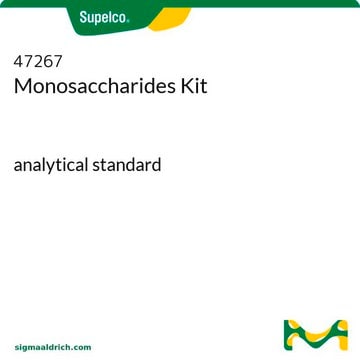All Photos(1)
About This Item
Linear Formula:
HOOCCOOH
CAS Number:
Molecular Weight:
90.03
MDL number:
UNSPSC Code:
12352106
PubChem Substance ID:
Recommended Products
form
liquid
availability
available only in Japan
concentration
0.5 M
1 N
density
1.02 g/cm3 at 20 °C
SMILES string
OC(=O)C(O)=O
InChI
1S/C2H2O4/c3-1(4)2(5)6/h(H,3,4)(H,5,6)
InChI key
MUBZPKHOEPUJKR-UHFFFAOYSA-N
Looking for similar products? Visit Product Comparison Guide
Signal Word
Danger
Hazard Statements
Precautionary Statements
Hazard Classifications
Eye Dam. 1
Storage Class Code
12 - Non Combustible Liquids
WGK
WGK 1
Flash Point(F)
Not applicable
Flash Point(C)
Not applicable
Certificates of Analysis (COA)
Search for Certificates of Analysis (COA) by entering the products Lot/Batch Number. Lot and Batch Numbers can be found on a product’s label following the words ‘Lot’ or ‘Batch’.
Already Own This Product?
Find documentation for the products that you have recently purchased in the Document Library.
L K Massey et al.
Journal of agricultural and food chemistry, 49(9), 4262-4266 (2001-09-18)
Consumption of soybeans and food products made from them is increasing because of their desirable nutritional value. However, the oxalate content of seeds from 11 cultivars of soybean showed relatively high levels of total oxalate from 0.67 to 3.5 g/100
G M Gadd
Advances in microbial physiology, 41, 47-92 (1999-09-29)
The production of organic acids by fungi has profound implications for metal speciation, physiology and biogeochemical cycles. Biosynthesis of oxalic acid from glucose occurs by hydrolysis of oxaloacetate to oxalate and acetate catalysed by cytosolic oxaloacetase, whereas on citric acid
R de Water et al.
American journal of kidney diseases : the official journal of the National Kidney Foundation, 33(4), 761-771 (1999-04-09)
Urinary calcium oxalate (CaOx) crystals and crystal agglomerates are normally harmlessly excreted, but in nephrolithiasis they are retained by tubular epithelial cells and shifted into the renal interstitium. This crystalline material induces an inflammatory response consisting of an increase in
A Amoroso et al.
Journal of the American Society of Nephrology : JASN, 12(10), 2072-2079 (2001-09-20)
Primary hyperoxaluria type 1 (PH1) is an autosomal recessive disorder that is caused by a deficiency of alanine: glyoxylate aminotransferase (AGT), which is encoded by a single copy gene (AGXT). Molecular diagnosis was used in conjunction with clinical, biochemical, and
Xianlai Zeng et al.
Journal of hazardous materials, 295, 112-118 (2015-04-22)
With the booming of consumer electronics (CE) and electric vehicle (EV), a large number of spent lithium-ion battery (LIBs) have been generated worldwide. Resource depletion and environmental concern driven from the sustainable industry of CE and EV have motivated spent
Our team of scientists has experience in all areas of research including Life Science, Material Science, Chemical Synthesis, Chromatography, Analytical and many others.
Contact Technical Service








